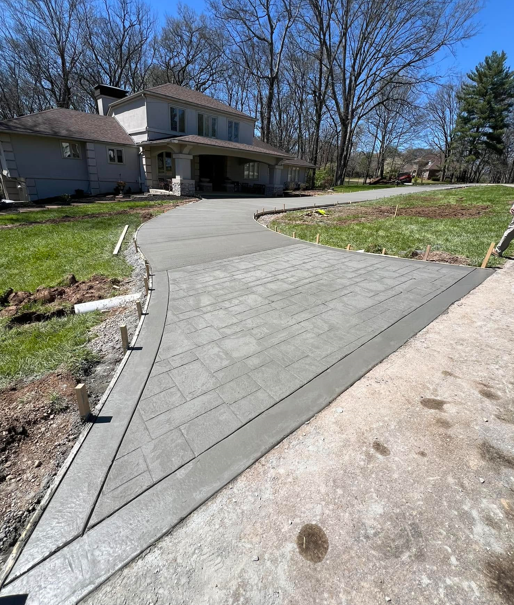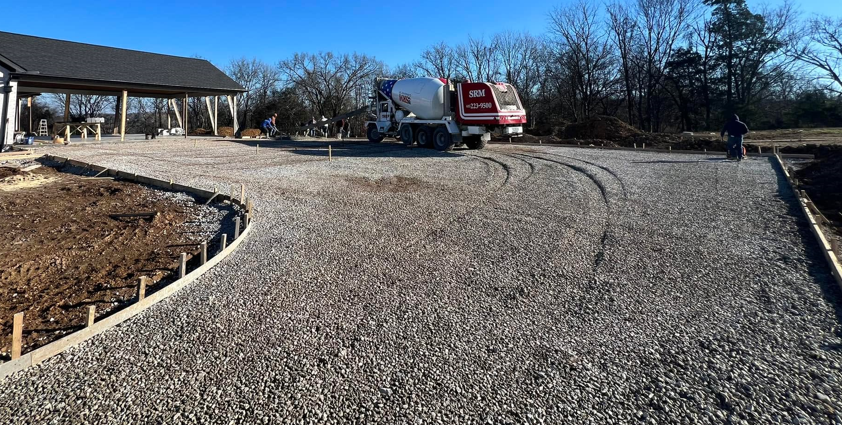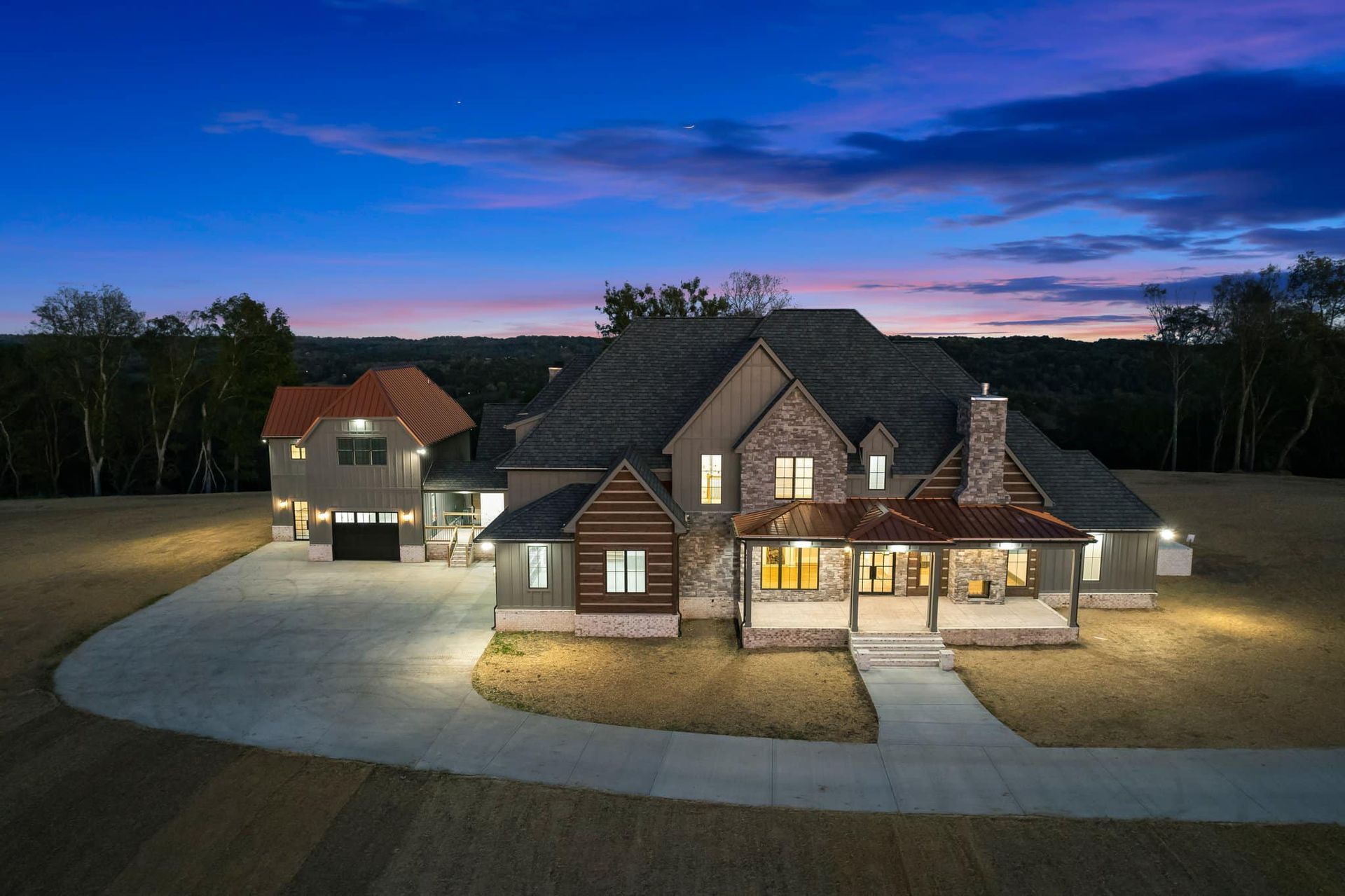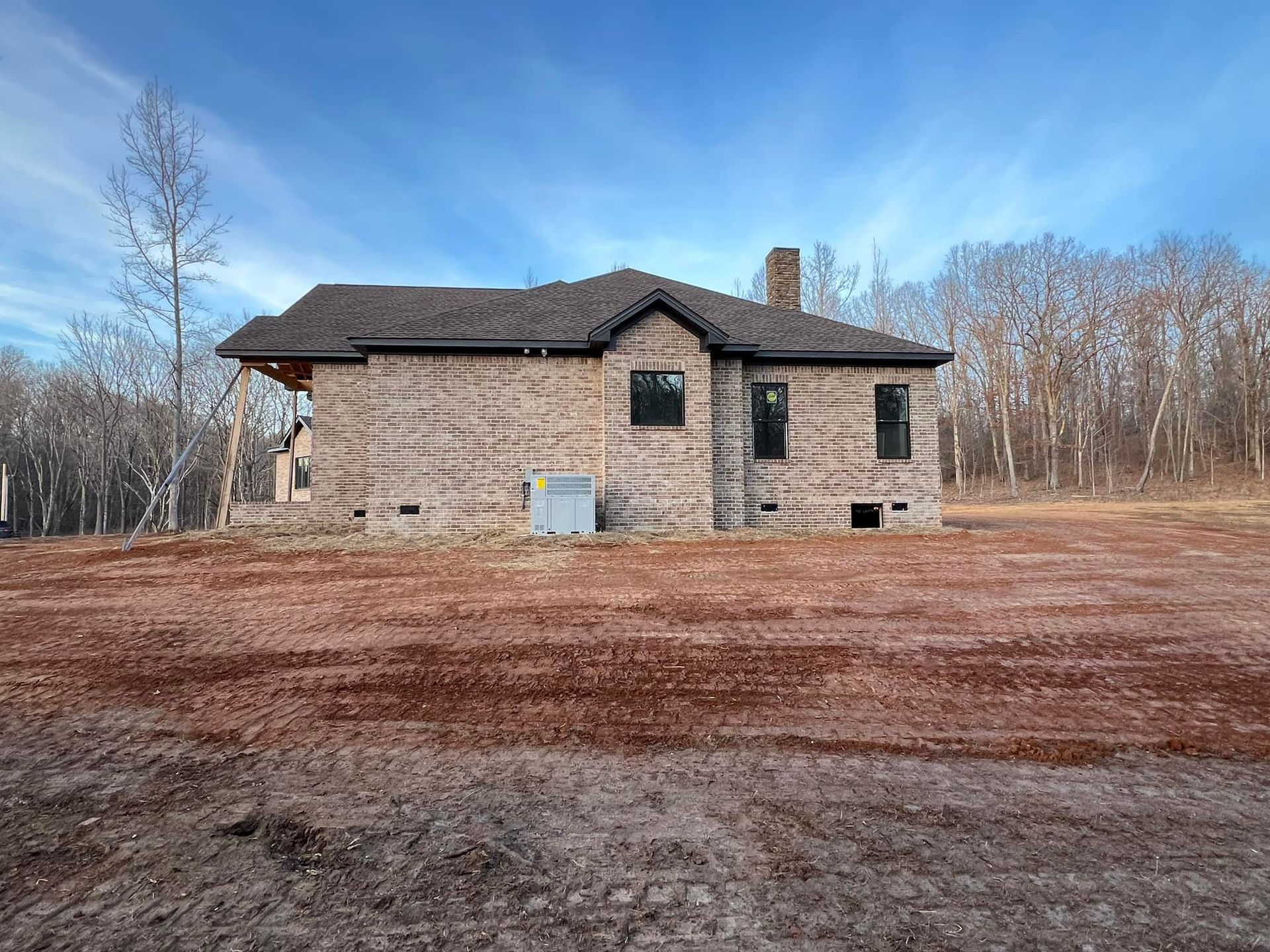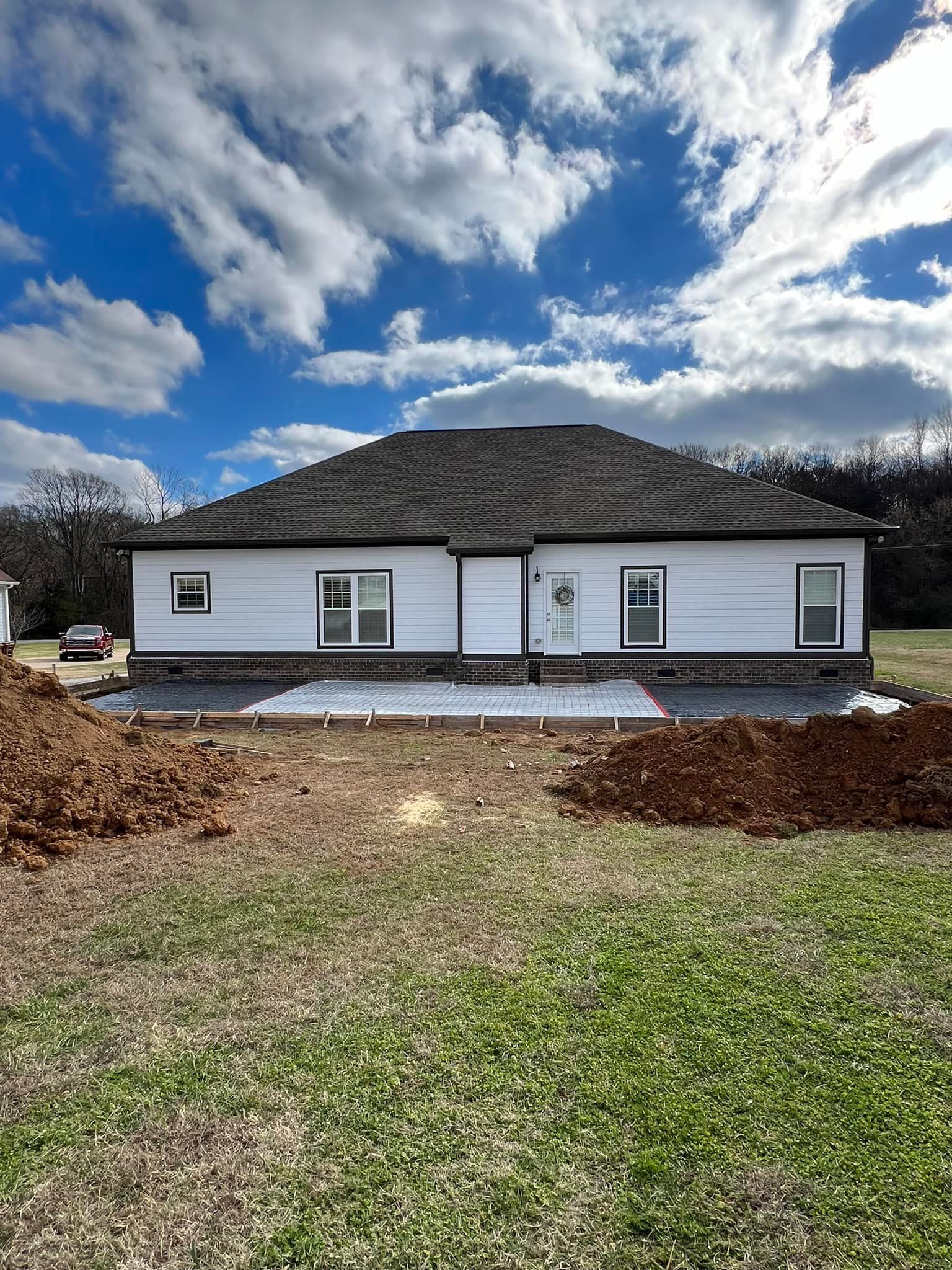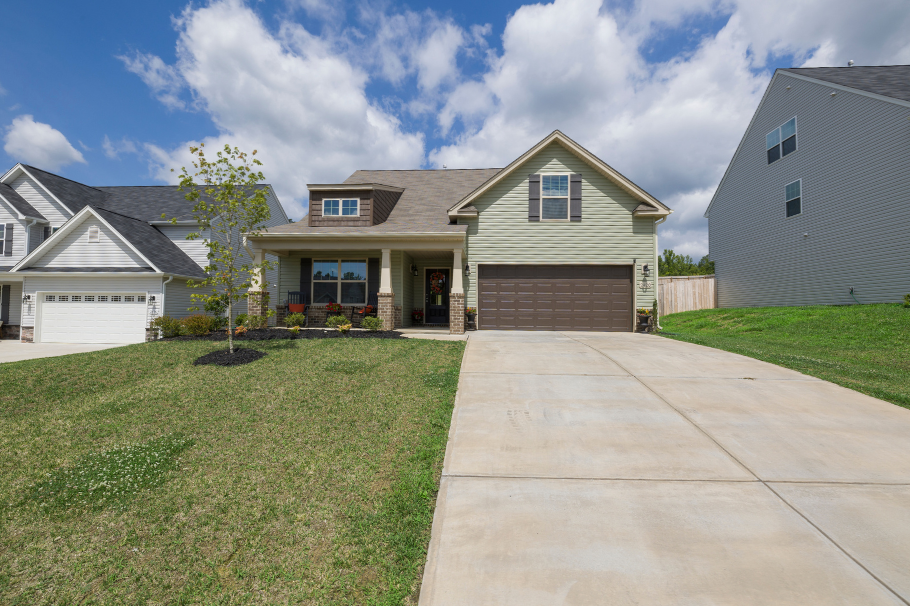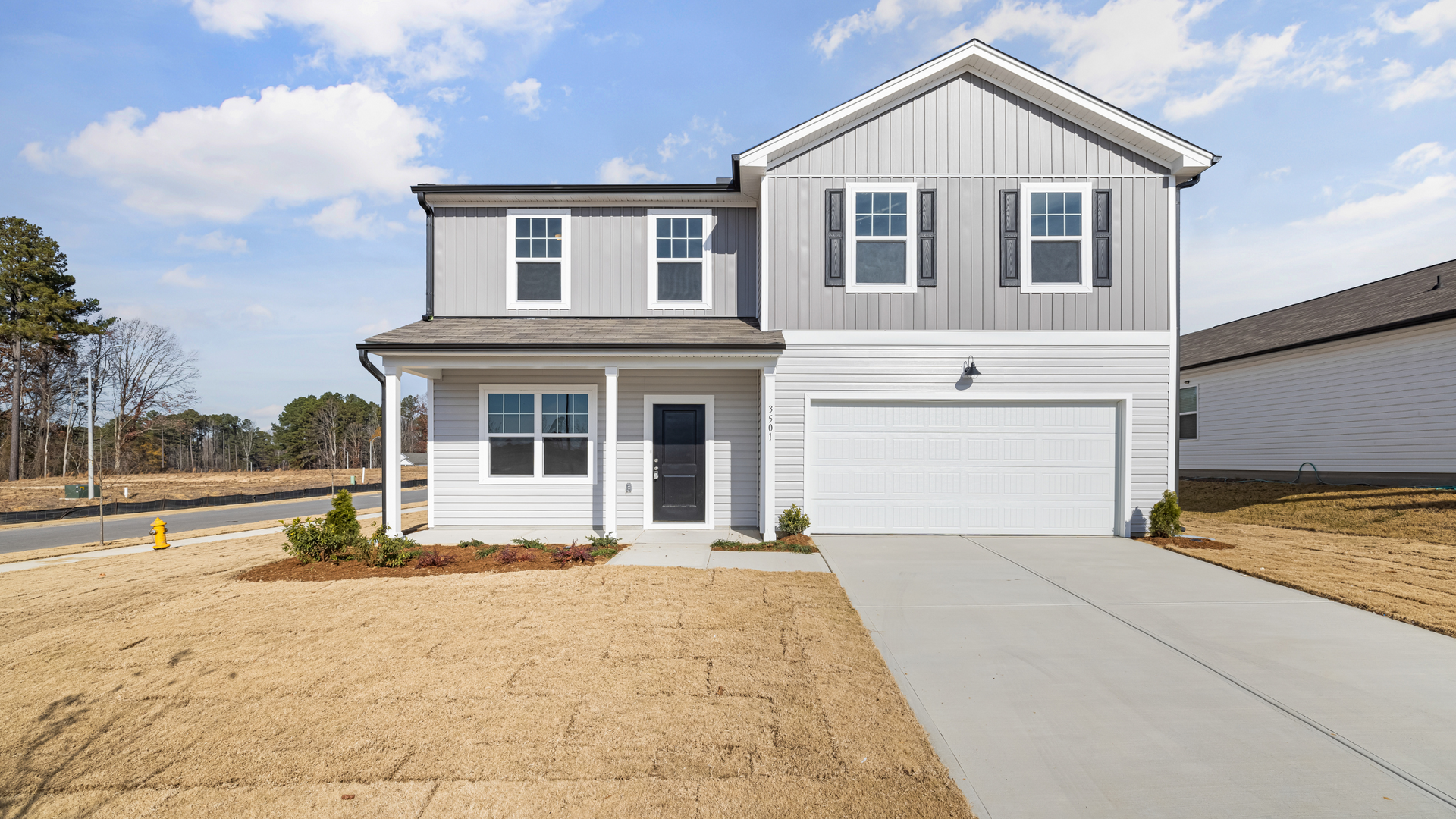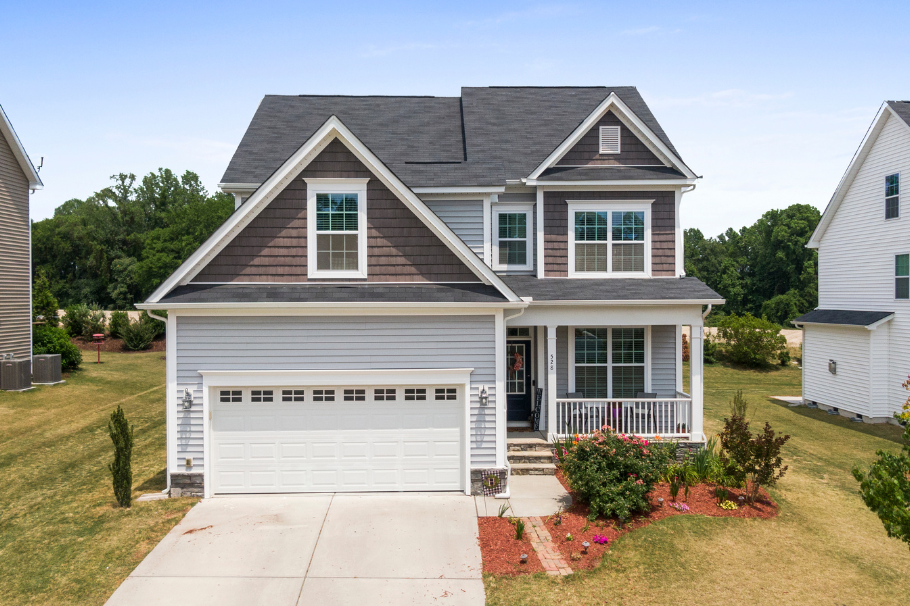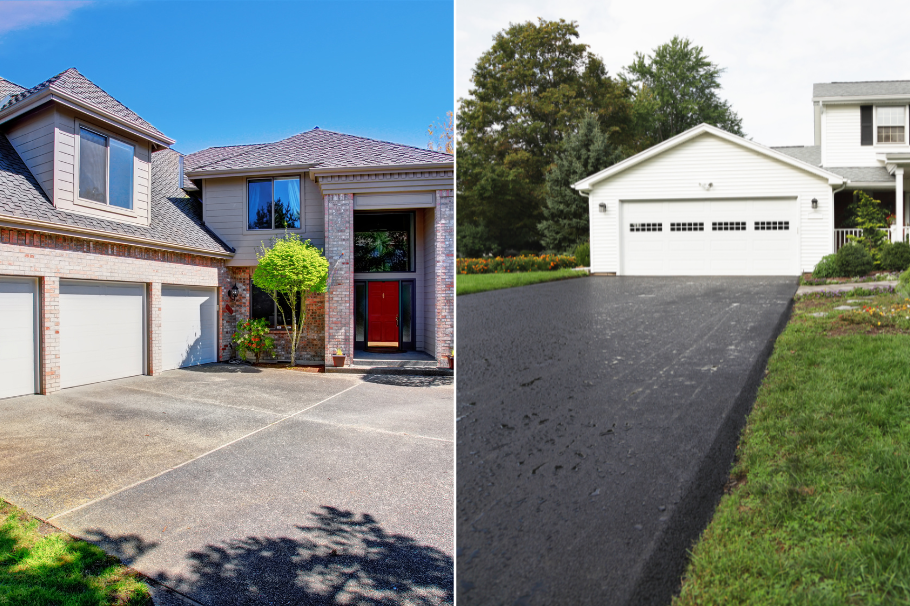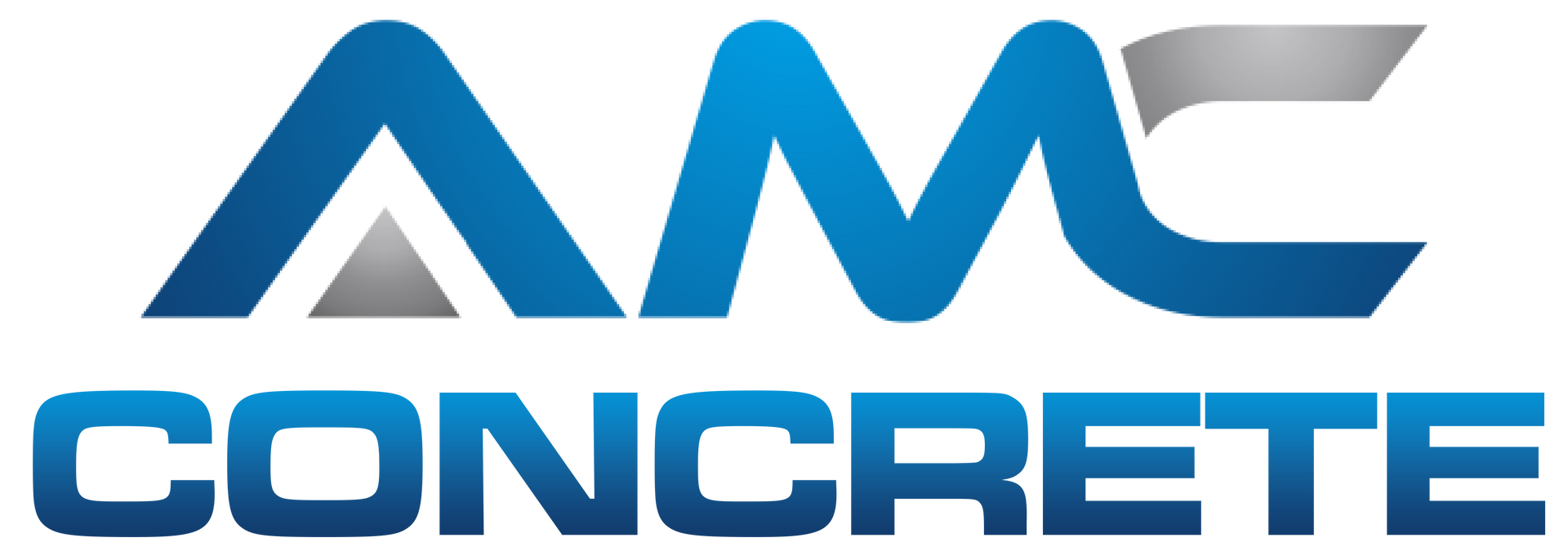Stamped Concrete vs. Plain Concrete Driveways: Which One is Right for You?
Choosing between stamped concrete and plain concrete for your driveway is a big decision. Each option offers unique benefits and costs. If you want a driveway that stands out, stamped concrete might be the way to go. However, if you prioritize durability and affordability, plain concrete could be the better choice.
Understanding the differences between these options can help you make an informed decision. In this guide, we will explore the pros, cons, costs, and long-term benefits of both options. Let’s dive into the details!
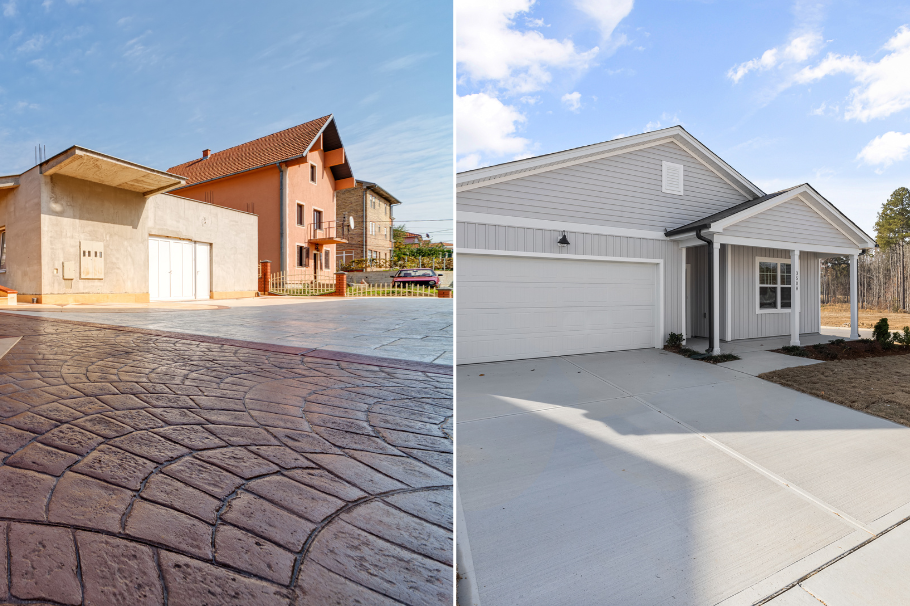
What is Stamped Concrete?
Stamped concrete is a decorative form of concrete that mimics the appearance of brick, stone, tile, or even wood. For more details on how stamped concrete is installed, check out this
Step-by-Step Guide to Stamped Concrete Installation. Installers use specialized tools to imprint patterns on the surface before the concrete dries.
Stamped concrete driveways provide numerous customization choices, allowing homeowners to select colors, textures, and patterns that suit their property. You can choose from a range of colors, textures, and patterns to match your home's exterior.
Advantages of Stamped Concrete
- Aesthetic Appeal: Stamped concrete adds beauty and character to any property. Unlike plain concrete, it can replicate the look of expensive materials.
- Versatility: You can customize the design to match your home’s style. Whether you prefer a classic brick look or a natural stone finish, stamped concrete delivers.
- Increased Property Value: A visually appealing driveway can boost your home’s curb appeal. This can be a selling point if you decide to put your house on the market.
- Low Maintenance: Unlike pavers, stamped concrete does not have gaps where weeds can grow. Cleaning is easy with occasional washing and resealing.
- Durability: With proper installation and maintenance, stamped concrete driveways can last over 20 years.
Additionally, it resists cracking and weather damage better than other decorative driveway options.
Disadvantages of Stamped Concrete
- Higher Initial Cost: Stamped concrete is more expensive than plain concrete due to the extra labor and materials needed.
- Surface Wear Over Time: Heavy traffic and weather wear down the surface, leading to fading. However, regular resealing helps maintain its appearance.
- Slippery When Wet: Stamped concrete can be more slippery than plain concrete. To prevent this, installers can add a non-slip additive to the sealant.
If you live in an area with heavy rainfall, adding texture can improve traction and reduce the risk of slipping.
What is Plain Concrete?
Plain concrete, also known as traditional concrete, is a basic mix of cement, sand, and gravel. If you’re considering other home improvement projects, you might find this article on Best Concrete Patio Designs helpful. It is widely used for driveways due to its affordability and durability.
Advantages of Plain Concrete
- Affordable: Plain concrete costs significantly less than stamped concrete. If you have a tight budget, this might be the better option.
- Strong and Durable: A well-poured concrete driveway can withstand heavy loads and last for decades.
- Minimal Maintenance: Unlike stamped concrete, plain concrete does not require resealing. Cleaning with water and mild soap is enough.
- Weather Resistance: Plain concrete can handle extreme weather conditions better than decorative options.
Additionally, plain concrete retains less heat in hot weather compared to darker-colored stamped concrete, making it a more comfortable surface.
Disadvantages of Plain Concrete
- Lack of Aesthetic Appeal: Plain concrete is simple and lacks visual appeal. If appearance matters, you may find it too dull.
- Prone to Cracking: Concrete expands and contracts with temperature changes. While all concrete cracks over time, proper installation minimizes this issue.
- Limited Customization: Unlike stamped concrete, plain concrete does not offer design flexibility.
Take note, if you want a unique look, you may need to invest in stains or borders for added appeal.
Cost Comparison: Stamped Concrete vs. Plain Concrete
| Feature | Stamped Concrete | Plain Concrete |
|---|---|---|
| Initial Cost | $20-$36 per sq. ft. | $12-$20 per sq. ft. |
| Maintenance Cost | $2-$6 per sq. ft. (resealing required) | Minimal maintenance costs |
| Lifespan | 20+ years with maintenance | 25-30 years |
| Customization | Multiple patterns & colors | Limited options |
| Installation Time | 3-5 days | 2-3 days |
| Crack Resistance | Moderate with proper sealing | High |
Additionally, labor costs can influence overall pricing. If you hire skilled professionals, expect to pay more for installation.
Which One Should You Choose?
Choose Stamped Concrete If:
- You want a visually stunning driveway that mimics natural materials.
- You are willing to invest in occasional resealing to maintain its beauty.
- You prefer customization and a variety of design options.
Choose Plain Concrete If:
- You want a budget-friendly and long-lasting solution.
- You prioritize function over aesthetics.
- You want minimal maintenance over the years.
What’s more, if you live in an area with high vehicle traffic, plain concrete may be the more practical option.
Maintenance Tips for Longevity
Regardless of your choice, proper maintenance ensures longevity.
- Clean Regularly: Sweep away debris and wash with a mild detergent to prevent stains.
- Seal When Needed: Stamped concrete should be resealed every 2-3 years to maintain its look.
- Avoid Harsh Chemicals: De-icing salts can damage concrete surfaces. Instead, use sand for traction in winter.
- Repair Cracks Immediately: Address small cracks early to prevent them from expanding.
Furthermore, hire professionals to inspect and fix structural damage when needed.
Frequently Asked Questions
How long does stamped concrete last?
- Proper installation and maintenance extend the lifespan of stamped concrete beyond 20 years. Learn more about long-term concrete care in this Ultimate Concrete Maintenance Guide. Resealing every few years helps extend its lifespan.
Is stamped concrete worth the extra cost?
- Yes, if aesthetics and curb appeal matter to you. It enhances property value and provides a customized look that plain concrete lacks.
Does stamped concrete crack easily?
- Like all concrete, stamped concrete can develop cracks. However, professional installation and regular maintenance help minimize cracking.
Can plain concrete be stained for a decorative effect?
- Yes, staining is an option for adding color to plain concrete. While it won’t provide texture like stamped concrete, it can improve appearance.
Which option is better for colder climates?
- Colder climates benefit from plain concrete’s resistance to freeze-thaw cycles. Stamped concrete requires proper sealing to withstand extreme temperatures.
Your Next Step
Stamped concrete and plain concrete each have their pros and cons. The right choice depends on your budget, style preferences, and maintenance expectations. If you want a driveway with character, stamped concrete is a great investment. However, if you need a cost-effective and durable option, plain concrete is a solid choice.
Selecting the right contractor plays a crucial role in the longevity and appearance of your driveway. A poorly installed driveway can lead to future repairs and added costs. That’s why we at AMC Concrete are here to help. We specialize in high-quality stamped concrete and plain concrete driveways, ensuring durability and beauty.
Ready to transform your driveway? Contact AMC Concrete today for a free consultation!
Call Us at: (931) 281-8528
